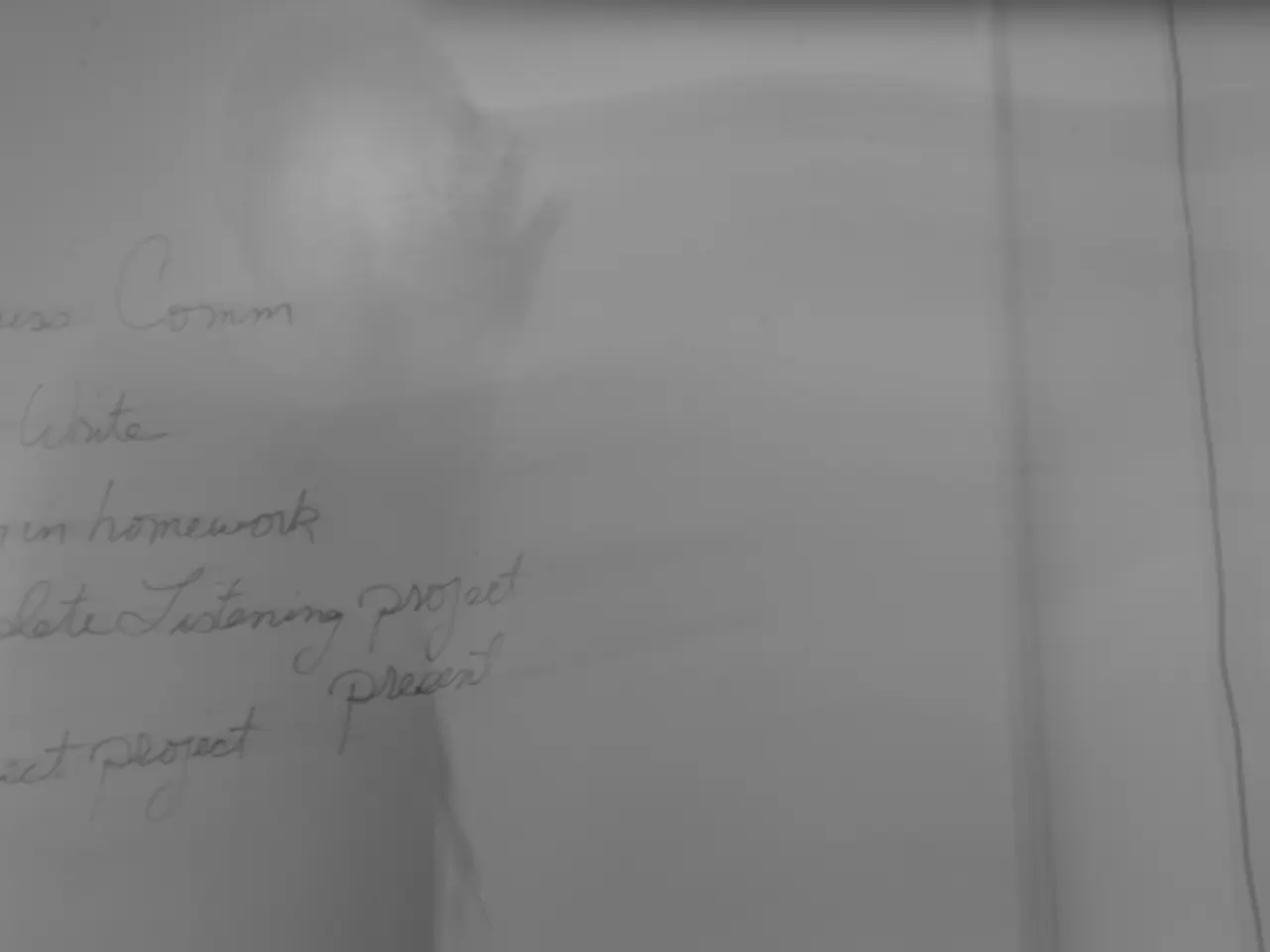Central Bank maintains interest rate at 2%, halts monetary loosening phase
The European Central Bank (ECB) is facing a challenging economic landscape, with the potential impacts of new U.S. tariffs on European goods and a strengthening euro creating significant headwinds.
In a recent development, U.S. tariffs could increase from the current rates to potentially 15% or higher on EU goods, including steel, aluminum, pharmaceuticals, semiconductors, and aerospace products. This escalation is likely to weigh heavily on EU exports to the U.S., a key external market, thereby dampening Eurozone economic growth. The uncertainty and volatility caused by ongoing tariff negotiations may also affect investment and consumer confidence within the Eurozone.
The ECB, in response to weaker trade performance and slower growth prospects arising from these tariffs, is expected to adopt a more accommodative monetary policy stance. This could mean delaying interest rate hikes, keeping rates lower for longer, or even cutting rates if economic conditions deteriorate significantly.
However, higher costs from tariffs could contribute to inflation, potentially urging the ECB towards raising rates. Given the complexity and ongoing uncertainty in U.S.-EU trade talks, ECB decisions will likely balance these opposing forces with close attention to updated economic data.
Christine Lagarde, ECB President, has expressed concern over the uncertain inflation outlook due to the volatile global trade policy environment. She also emphasized the ECB's commitment to ensuring inflation stabilizes at the 2% target in the medium term.
The strengthening euro, which has gained 13% on the dollar this year, reaching $1.17, is another concern. ECB Vice President Luis de Guindos warned that any sharp move above $1.20 for the euro could become "much more complicated." ING bank analyst Carsten Brzeski indicated that the euro's strength may be closely scrutinized in July's policy meeting. Lagarde stated that a stronger euro could bring inflation down further than expected.
Brzeski suggested that currency worries could influence the ECB towards a more dovish stance. Lagarde has confirmed that the ECB will adopt a data-dependent and meeting-by-meeting approach to determining the appropriate monetary policy stance.
In a worrying forecast, Lagarde stated that either outcome of current trade issues would negatively impact Europe's economy, potentially leading to another rate cut in September. This cautious outlook indicates that the ECB is likely to be more careful in tightening monetary policy, potentially postponing interest rate increases depending on the broader inflation and growth impacts.
- The potential impact of increased U.S. tariffs on European goods could have ripple effects beyond the economy, with potential implications for the world's financial markets, as businesses in Europe and internationally would need to adapt to the changing trade landscape.
- As the European Central Bank (ECB) navigates a challenging economic landscape, it will also have to consider the environmental implications of its monetary policy decisions, as the health of the global environment could further influence economic growth and stability.
- In the midst of escalating international trade tensions and a strong euro, the European Central Bank's policy decisions will not only have implications for the Eurozone's economy but also for the global business world, as the ECB's actions could potentially trigger shifts in currency values and investment patterns.




